Best Times for Shrub Trimming
Shrub trimmings are a vital part of maintaining healthy and attractive landscaping. Proper timing ensures optimal growth, plant health, and aesthetic appeal. The best time to perform shrub trimmings depends on the type of shrub and local climate conditions.
Ideal for most flowering shrubs that bloom on new growth. Trimming in early spring promotes vigorous growth and flowering in the upcoming season.
Suitable for shaping and maintaining shrubs. Light trimming during summer helps control size and encourages bushier growth.
Best for removing dead or diseased branches. Fall trimming prepares shrubs for winter and maintains health.
Limited to certain hardy shrubs. Performed when plants are dormant to avoid stress and promote healthy growth.

Removing overgrowth and shaping shrubs as they come out of dormancy.

Light trimming to maintain shape and health during growing season.

Clearing dead branches and preparing shrubs for winter.
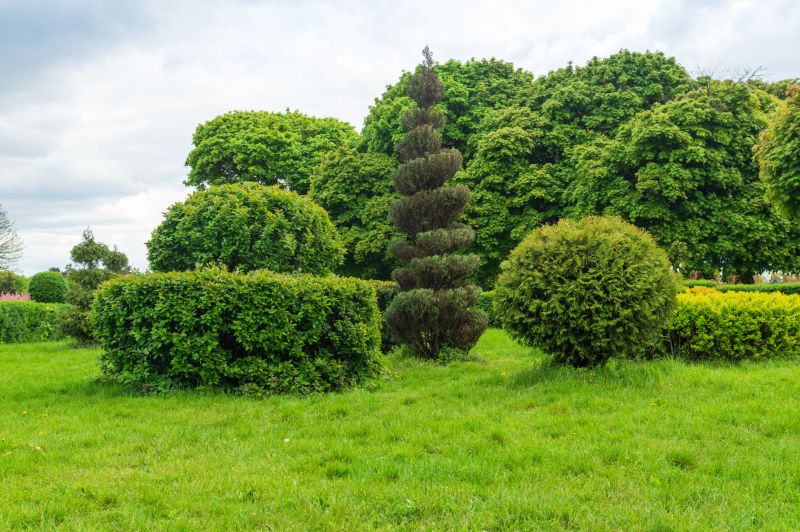
Ways to make Shrub Trimmings work in tight or awkward layouts.
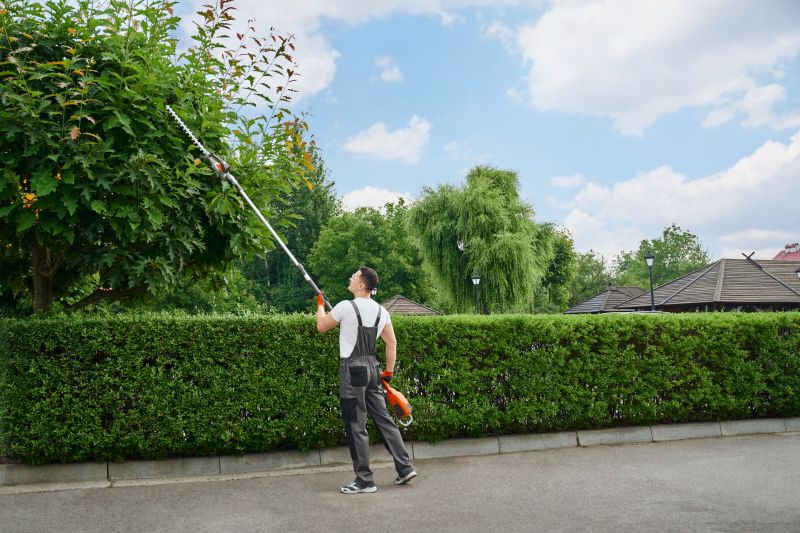
Popular materials for Shrub Trimmings and why they hold up over time.
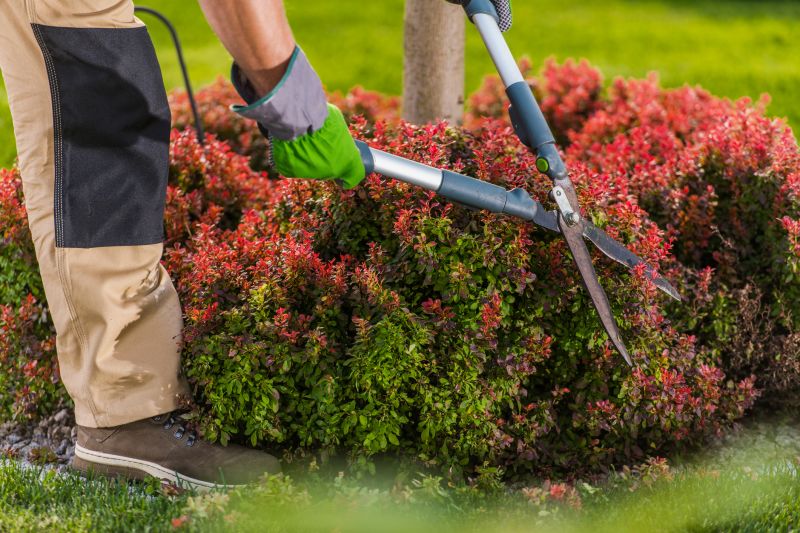
Simple add-ons that improve Shrub Trimmings without blowing the budget.
| Shrub Type | Optimal Trimming Time |
|---|---|
| Flowering deciduous shrubs | Post-bloom or late winter |
| Evergreen shrubs | Late winter to early spring |
| Hedge shrubs | Early spring or late summer |
| Fruit-bearing shrubs | Late winter or early spring |
| Dwarf shrubs | Late winter |
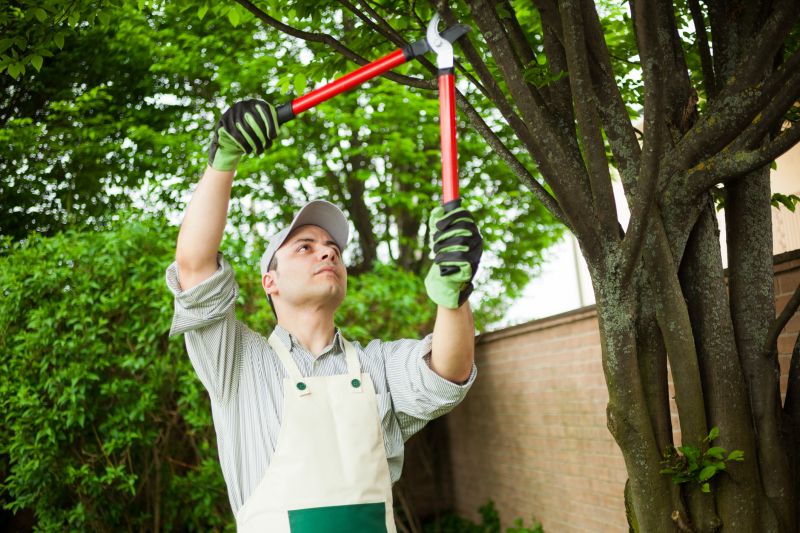
Using sharp, clean tools ensures clean cuts and reduces plant stress.
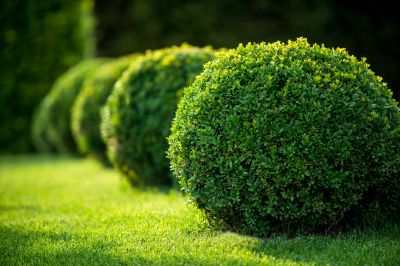
Well-maintained shrubs with balanced growth and shape.
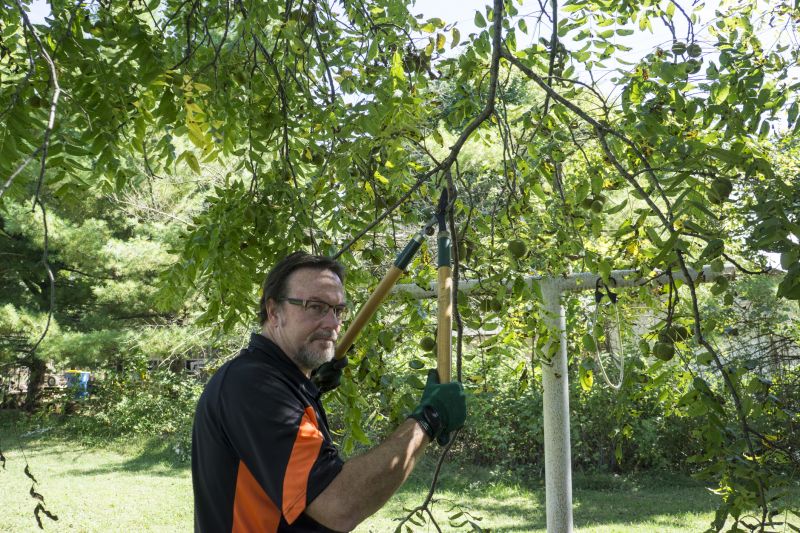
Removing dead or diseased branches promotes plant health.
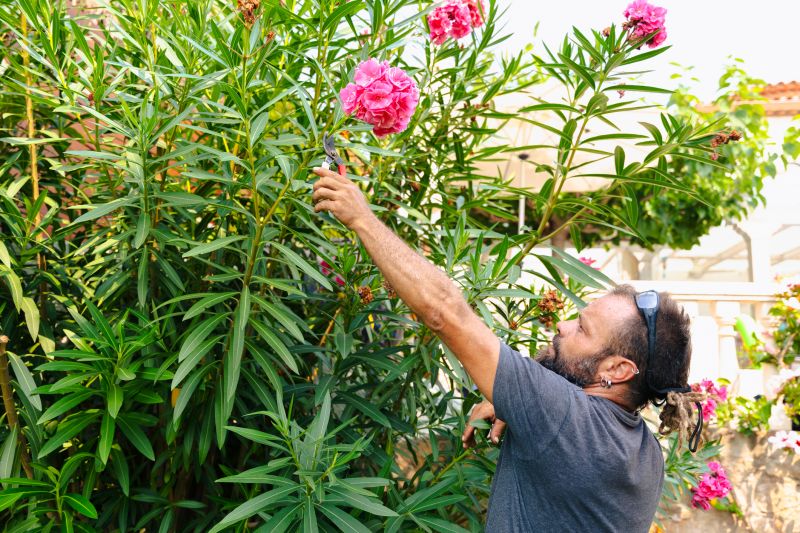
Adjusting trimming practices based on season and shrub type.
Interested in scheduling shrub trimmings for optimal landscape health and appearance? Filling out the contact form can provide more information and assistance tailored to specific shrub types and local conditions.
